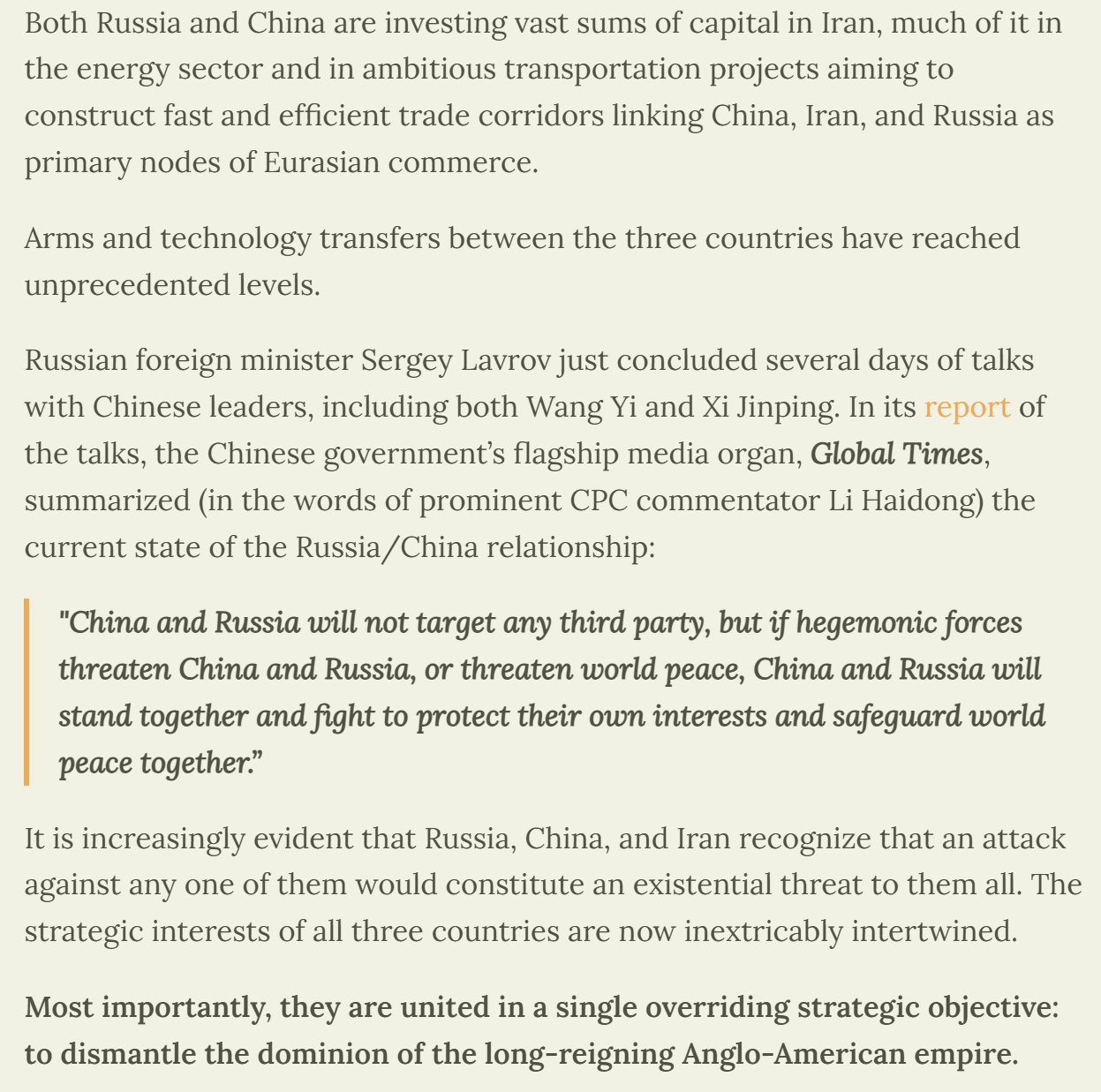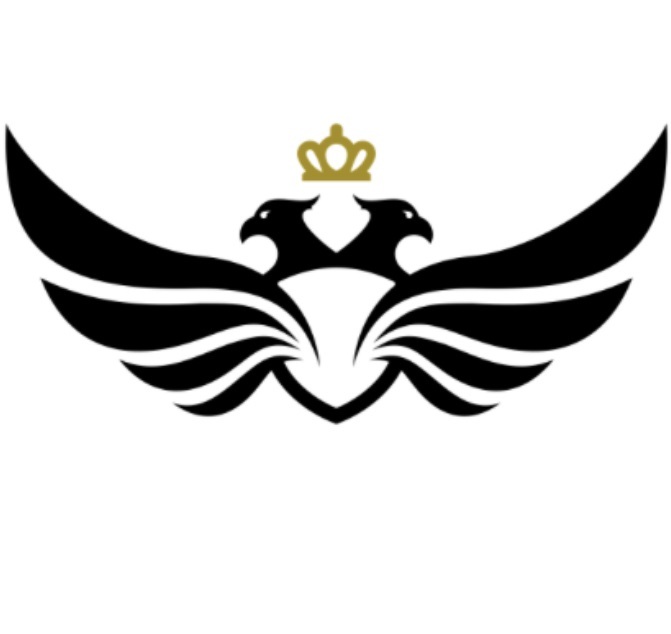Subject: FROM GENGHIS KHAN To DIMONA: The Power and Fragility of Military Myth
Genghis Khan’s army was small. But his genius lay not just in tactics, but in perception. He used deception, propaganda, and speed to terrify empires into submission. The Mongol horde became legend, larger in story than in size.
Israel, too, mastered this art. For decades, it has wielded strategic ambiguity as its shield:
A nuclear arsenal no one has seen tested.
An Iron Dome that was marketed as near-invincible.
A military reputation built as much on myth as machinery.
But myths fray over time.
The Iron Dome is no longer flawless.
The nuclear arsenal—if it exists—hasn’t been tested in decades.
And the last U.S. president who dared confront Israel’s nuclear ambitions? John F. Kennedy. After his assassination, no one questioned again.
So the question now is not does Israel have nuclear weapons, but do they still work?
And perhaps more provocatively: Was the myth more powerful than the missile all along?
Like the Mongol bow, the legend remains.
But legends, too, can become obsolete.


















